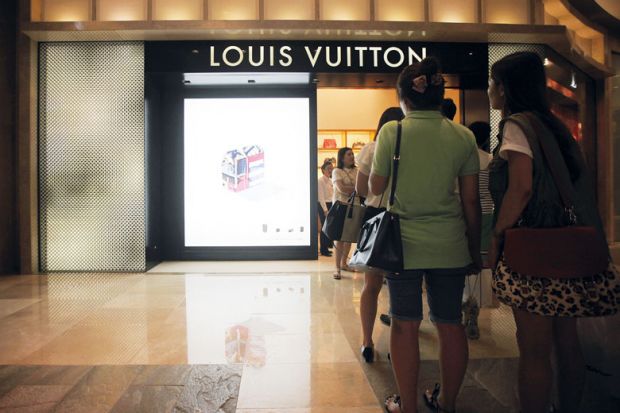The costs of an education in South Korea’s capital city take a heavy toll on most families, yet the appetite for degrees from Seoul-based universities does not seem to be waning, scholars say.
Undertaking a private, four-year undergraduate education and living in Seoul – a highly coveted destination for students – now sets the average Korean family back 20 months’ worth of earnings, according to a government-backed report.
The study, which was published by the Korea Higher Education Research Institute in collaboration with a lawmaker on the Education Committee of its National Assembly, found that, as of 2023, students at Seoul-based private institutions paid W97.4 million (£61,000) in tuition fees, housing and living expenses over four years.
According to Statistics Korea, the average household’s monthly income in the second quarter of 2023 was W4.79 million – making a Seoul-based degree a pricey commodity for most.
The findings come in a year when several Korean universities broke a long-lasting fee freeze, defying the government, which had held costs level for 14 years. Dong-A University in Busan became the first to do so, increasing its undergraduate fees by almost 4 per cent. Others soon followed.
Meanwhile, in a survey of presidents of four-year universities at a meeting of the Korean Council for University Education (KCUE), nearly 40 per cent of them said they planned to raise fees next year.
And yet, with more fee hikes likely on the cards and an already heavy financial burden for students considering Seoul – tied largely to the high cost of accommodation – the appeal of institutions there was unlikely to dim, academics said.
“Credentials from Seoul-based institutions are generally regarded as more valuable than those from other universities, regardless of the major studied,” said Kyuseok Kim, a scholar of higher education and staff member at the State University of New York, Korea.
“Additionally, with the economy and industry being more prosperous in the Seoul metropolitan area, many people believe that attending universities in Seoul will provide them with a better chance of staying updated with post-graduation placement news, trends and opportunities.”
The large concentration of elite institutions in the capital city also skews people’s perception of education here, said John Lie, professor of sociology at the University of California, Berkeley.
“The underlying problem is that Seoul almost monopolises elite universities, and by extension, there is a sense that almost any university in Seoul is better than a university located outside the capital,” he said.
While this is not accurate – for one, the Korea Advanced Institute of Science and Technology (KAIST), known as “the MIT of South Korea”, is located outside the capital, as are “other great universities” – the view has proven hard to shake, Professor Lie said.
Students’ overwhelming preference for Seoul has had devastating consequences for regional institutions, many of which are facing shutdowns owing to the demographic crisis. Some of these local institutions have offered various enticements to prospective students – including free laptops and fee-free first semesters – but academics were doubtful that such efforts would sway most students.
Whether capital or regional university, the heart of the problem remains the same, said Professor Lie.
“South Korea has way too many college graduates – over 70 per cent enter tertiary education – and long gone is the time that a BA meant a prestigious (high-paying) job,” he said.
“It doesn’t make much sense at the societal level, but individual parents and children still labour under the older ideal.”
Register to continue
Why register?
- Registration is free and only takes a moment
- Once registered, you can read 3 articles a month
- Sign up for our newsletter
Subscribe
Or subscribe for unlimited access to:
- Unlimited access to news, views, insights & reviews
- Digital editions
- Digital access to THE’s university and college rankings analysis
Already registered or a current subscriber? Login








